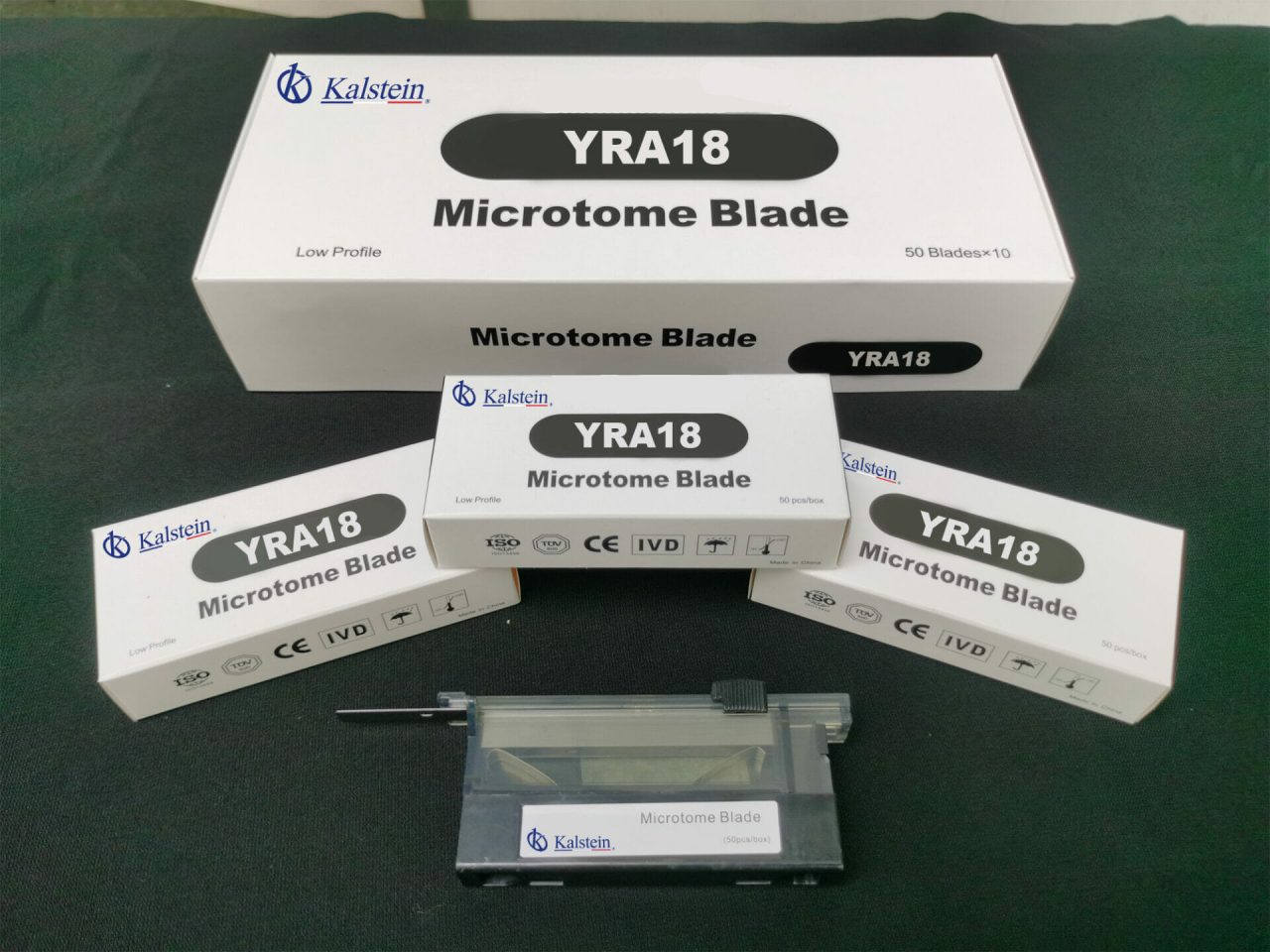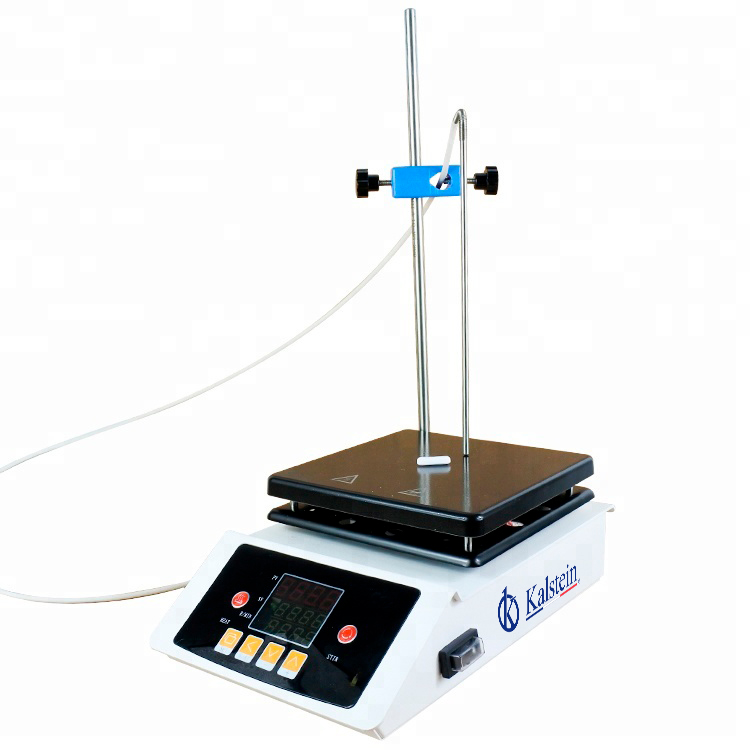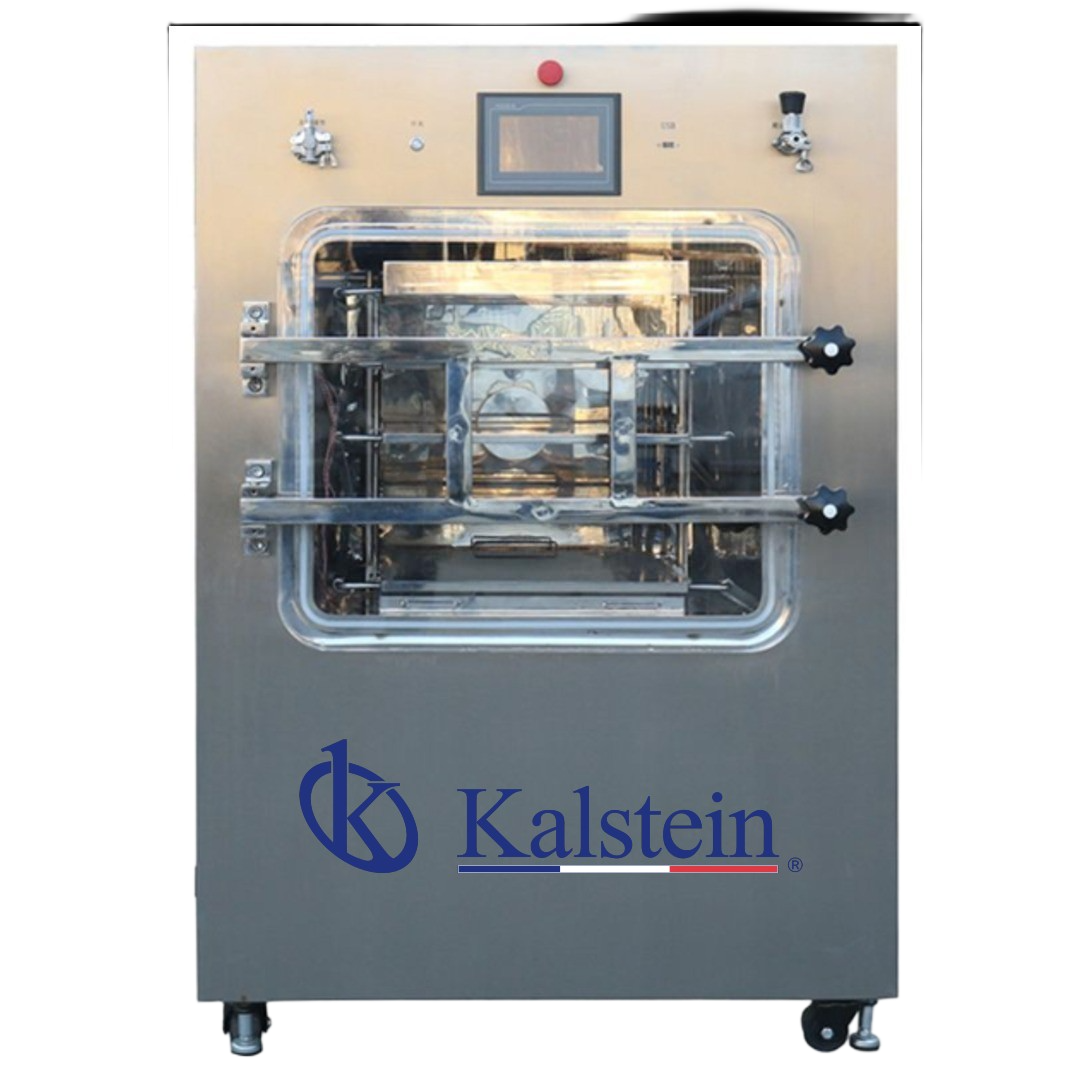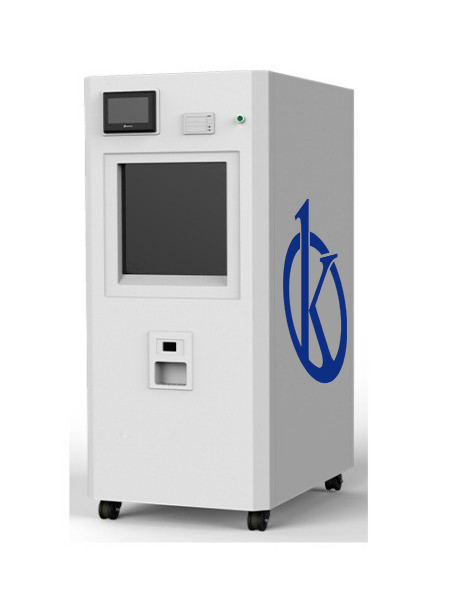The efficiency of the use of laboratory reagents has become one of the main objectives of the research teams in the laboratory reagent industry. Because these reagents are essential to ensure successful experimentation, the need to save costs – that is, increase the efficiency of reagent use – is more important than ever. At a time of such competitiveness, efficiency is not only the key to success, but to survival.
In recent years, many advances have been made to improve the efficiency of the use of laboratory reagents. These advances range from selecting the most appropriate equipment to improving storage conditions, and range from protocol optimization to reagent quantity and usage optimization. This is very beneficial for laboratories, whose operating costs will decrease and for end users of the services offered by these laboratories.
When selecting appropriate laboratory equipment, it is important to note that laboratory reagents may be sensitive to factors such as temperature, pressure, and pH. Improper equipment can cause reagents to spoil quickly, which could result in incorrect results or defective products. However, unless working with obsolete equipment, current instrumentation has been miniaturized and leads to an optimal use of the reagents consumed to achieve results equivalent and superior to those obtained with outdated equipment.
How does storage affect the efficient use of laboratory reagents?
In terms of storage conditions, it is essential to maintain adequate temperature and humidity. This can be achieved by using appropriate containers and placing the container in a dark place away from direct sunlight. Such conditions are necessary, since some reagents, especially those of organic nature, suffer photochemical redox reactions that cause them to degrade over time. Also, reagents should be kept away from incompatible chemicals, such as gasoline and oils.
In addition to optimizing storage conditions, it is also important to optimize protocols. A well-designed protocol will help minimize errors when managing reagents and, over time, reduce production time and costs. Such protocols can consider the doses, the masses of reagent, the amount of solution to be prepared, the way of standardization and the way in which it should be stored to ensure its stability.
Efficiency as a relevant factor in conducting experiments
Finally, optimal use of reagents can also be achieved by carefully selecting the appropriate amount for each experiment. This will help minimize reagent waste, which can lead to erroneous results and even contamination of the production chain. Reducing the amount of reagents, in turn affects the amount of waste generated and the expenditure on resources that would be necessary for safe disposal.
In conclusion, the efficiency of the use of laboratory reagents is essential to ensure the successful results of any experiment. The selection of the right equipment and proper maintenance in storage conditions, together with the optimization of protocols and the careful use of reagents, are some of the main factors to achieve maximum efficiency in the use of laboratory reagents. This will allow researchers to ensure that respectable results are achieved with effective use of the reagents, which in turn will improve the overall quality of the product.
The efficiency of Kalstein laboratory reagents
The laboratory reagents provided by the manufacturer Kalstein are efficient, as they are designed with the highest quality standards that ensure that the reactions are carried out completely and in the stipulated time. These reagents can be used for enzyme tests, reactions to determine urea and creatinine, among other metabolites. They also provide diluents and hematological substances. For the purchase of these reagents, they are available for sale on the websites of our company HERE and HERE. There, in addition to providing you with the best advice, you will be informed about the prices.




